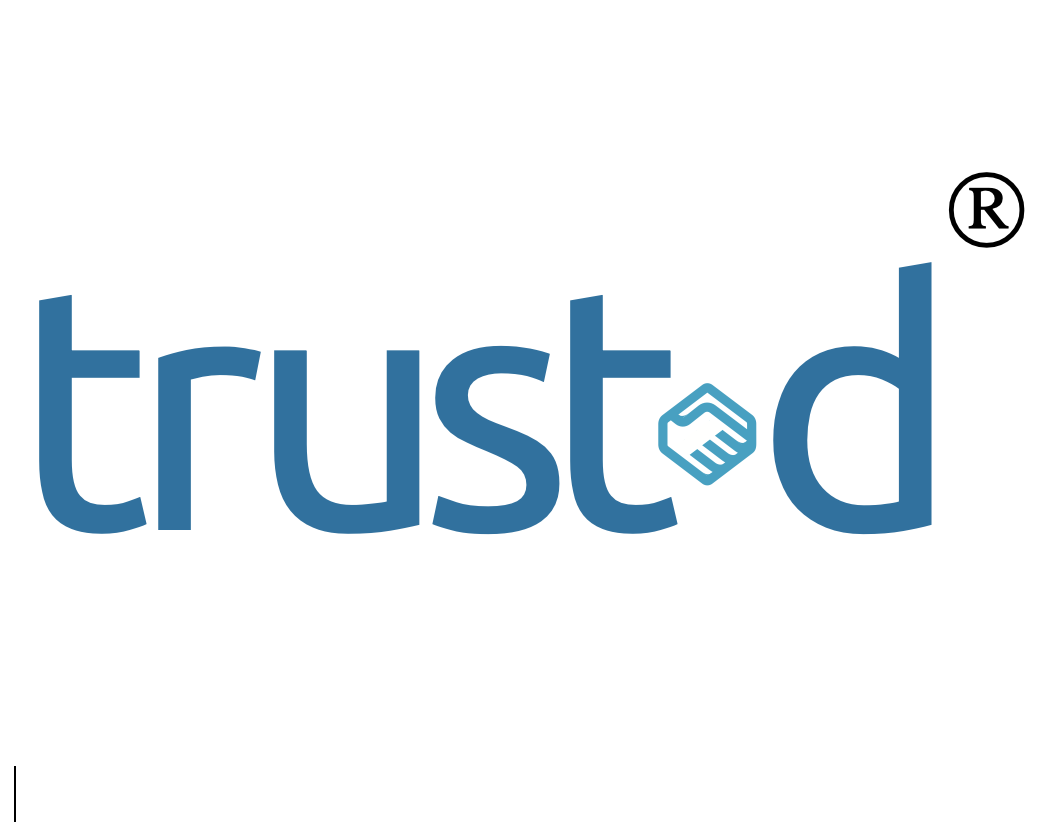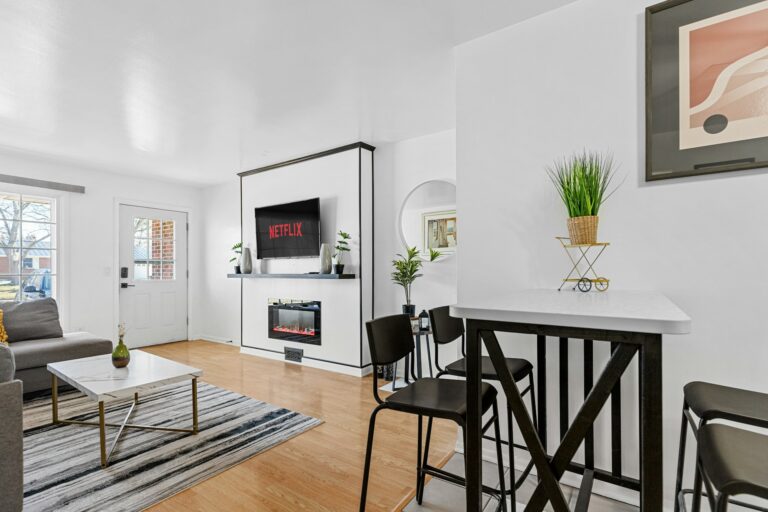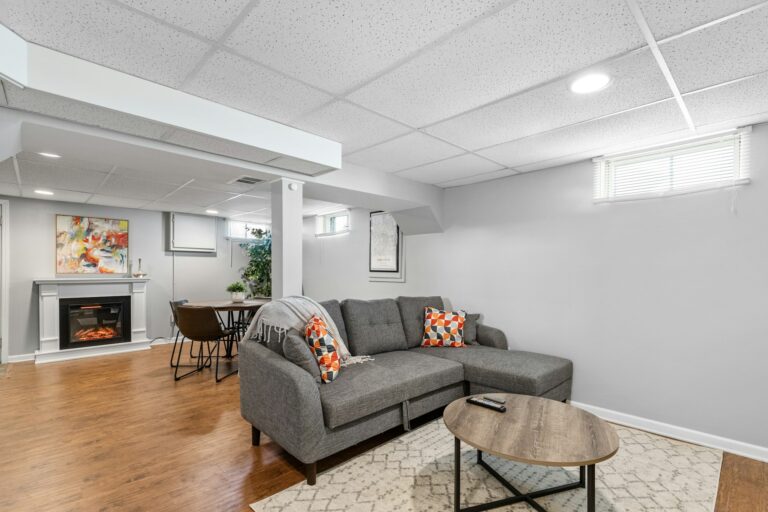What Happens in an STR Home Stays in That Home , Or Should It?
The Short-Term Rental (STR) sector has experienced explosive growth over the past decade, driven by the consolidated services offered by various Property Management Systems (PMS). These systems enable hosts and property managers to list and manage their properties across multiple platforms, such as Airbnb, Vrbo, or Booking.com. While these technological advancements have revolutionized the hospitality industry, a major challenge remains: guest reviews are confined within the digital silos of individual listing platforms, limiting their accessibility beyond those platforms.
Each STR platform operates as a closed ecosystem, keeping guest reviews locked within its own data infrastructure. This “walled garden” approach prevents critical insights about guest behavior from being shared across platforms. As a result, problematic guests can easily “reset” their reputation simply by switching to a different platform, escaping accountability.
Consider a guest who repeatedly damages properties or disregards house rules, accumulating poor reviews that could lead to restrictions or even a ban. Yet, because these reviews remain trapped within individual platforms, the guest can effortlessly evade consequences—either by opening a new account with a different email or moving to another booking site, where they start fresh with a clean slate.
This fragmented system poses a significant challenge for property owners and managers across the STR industry. Without a shared database of guest reviews, each platform operates in isolation, forcing hosts to take unnecessary risks. The lack of transparency not only erodes trust but also weakens the industry’s ability to enforce accountability and improve guest quality.
Sharing guest reviews across platforms raises valid legal concerns, particularly regarding data privacy regulations and contractual obligations. However, these hurdles can often be addressed through updated terms and conditions, with explicit guest consent for the sharing of review data.
The bigger challenge, however, lies in the business model and the lack of democratization of guest data. Booking channels often treat guest reviews as proprietary assets, and they are reluctant to share them with competing platforms, reinforcing platform loyalty. Yet, this approach comes at a cost: it enables problematic guests to go unchecked, ultimately weakening the integrity of the entire STR industry.
To build a healthier and more sustainable STR ecosystem, democratizing guest review data is essential, in my view. Of course, I am assuming this would come only after all legal issues are addressed. A shared review system would enable a more transparent, accountable, and efficient marketplace. Followings are a few benefits among many:
Enhancing Trust and Accountability: Property owners and hosts would gain access to a complete picture of potential guests, enabling smarter, data-driven decisions. For instance, if a guest has a history of property damage on another platform, a host could take necessary precautions or decline the booking altogether.
Encouraging Better Guest Behavior: When guests know that negative actions can follow them across platforms, they have a greater incentive to act responsibly. The prospect of lasting consequences discourages disruptive behavior and fosters a culture of mutual respect.
Optimizing Resource Allocation for Hosts: Hosts often waste time and money mitigating issues caused by problematic guests. With access to shared review data, they can proactively minimize risks, allowing them to focus resources on improving guest experiences rather than damage control.
Strengthening Confidence in the STR Industry: A transparent system benefits both hosts and guests. Hosts gain security and stability, encouraging them to expand their offerings, while responsible guests are rewarded with a reputation that carries across platforms, fostering trust and reliability.
By democratizing guest data, the STR industry can move beyond fragmented silos and toward a more open, trustworthy, and efficient ecosystem, where good behavior is rewarded, and bad actors are held accountable. By breaking down data silos, we can protect property owners and hosts while also fostering a more fair, more reliable experience for responsible guests. A shared review system wouldn’t just prevent repeated offenses, it would elevate industry standards, ensuring a safer and more trustworthy marketplace for all.
Therefore, it’s time for the entire STR community to ask: What happens in an STR home stays in that STR home, or should it?





